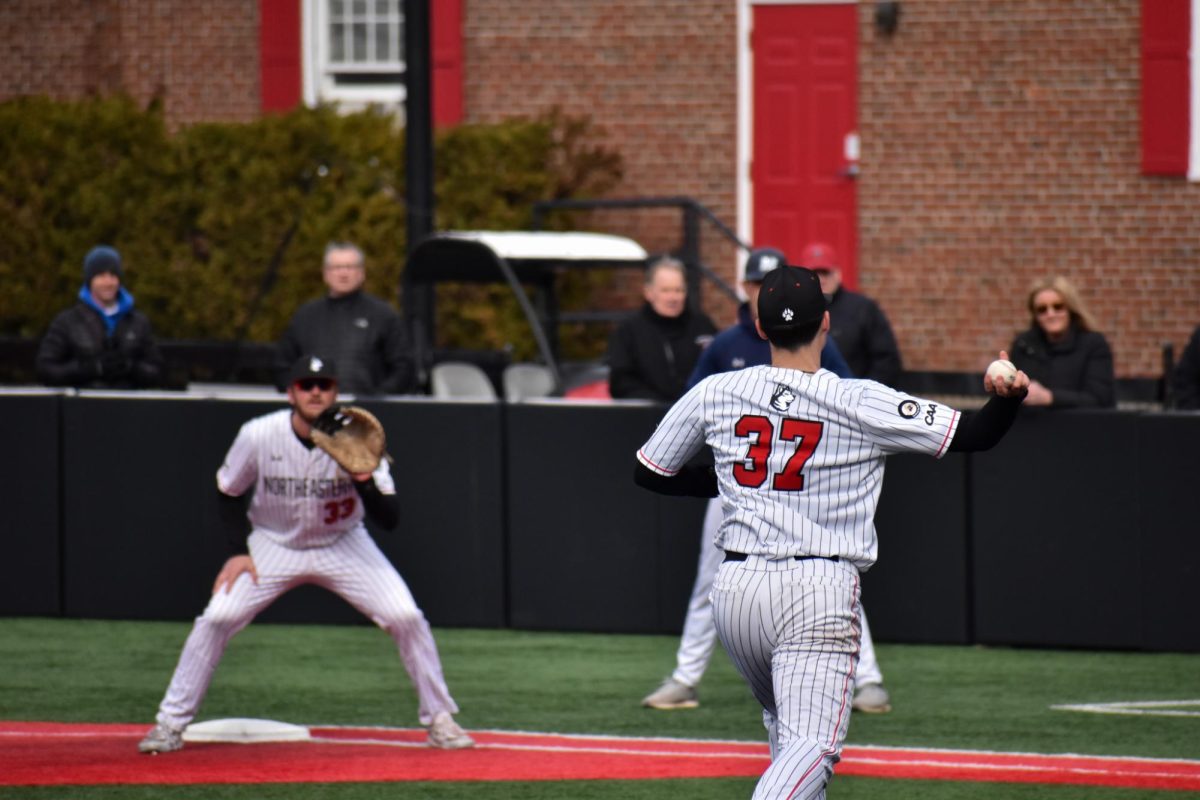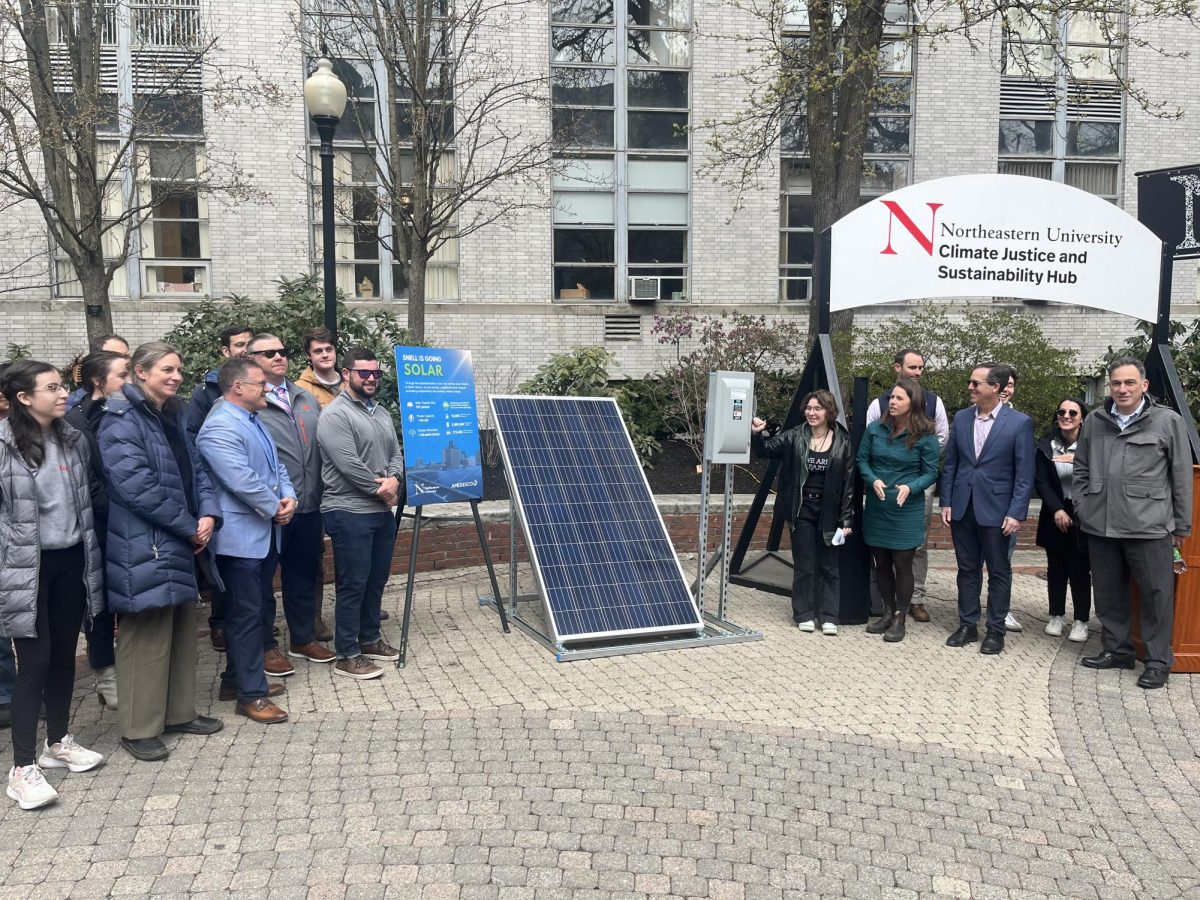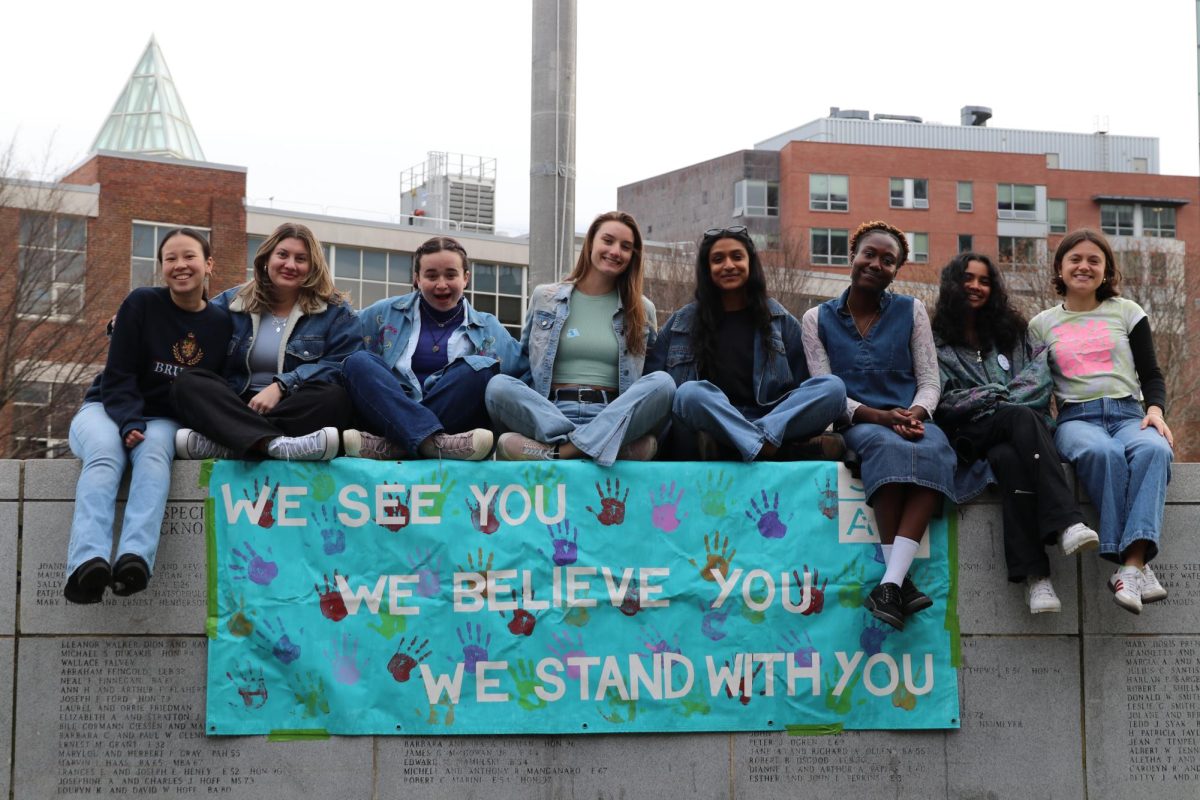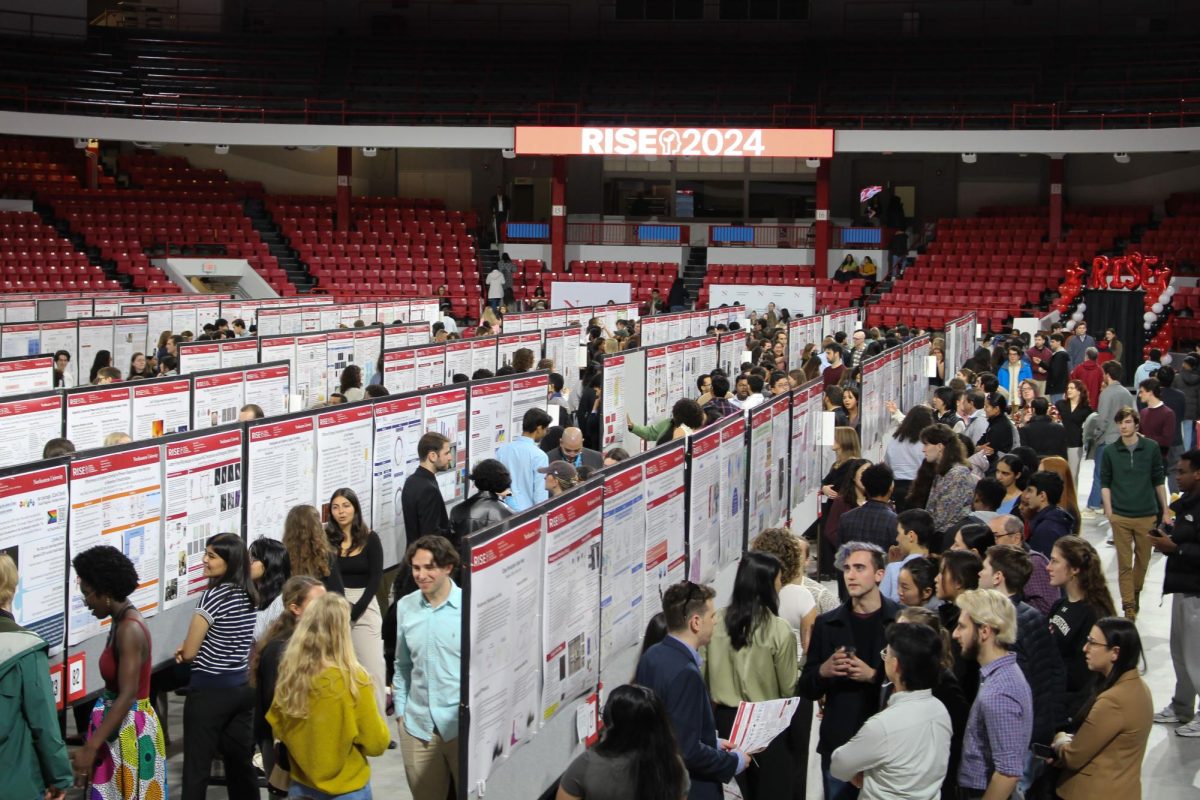Adam McDermott’s two-part report on marijuana was timely, informative and should serve to promote debate about marijuana at Northeastern and in society. In my 10 years as a member of the NU community, as a graduate student, sociology instructor (including a dozen sections of Drugs ‘ Society), and Ph.D. recipient whose research is in the field of the marijuana policy reform movement, I have come to see the effects that marijuana prohibition has had on this institution.
Our drug prohibitions have spilled into the culture of our learning community, first in the form of resistance to prohibition and then as discipline. And with that potential for discipline, we discover less about ourselves. There are many people at Northeastern who have used marijuana in the past yet, aside from the Full Professors, their jobs are more secure if they don’t talk about it. There are thousands of students who use it occasionally or regularly, but they are at even greater risk if they are to fully and fairly engaging in public debates about use and policies. In a given class, more than 50 percent of my students will have first-hand marijuana-knowledge, but are wary to reply when I’ve asked, “What’s it like to be high on marijuana?”
We must ask if the risks and negative outcomes of marijuana use are sufficient to justify our treatment of marijuana users. As the weekly Crime Log attests, there are regular incidents involving victims who request the aid of police. The recurrent incidents of alcohol overdose need not involve a person other than the user, but the resulting impediment of coordination and potential lethality put the user at grave risk and demand attention. As a rule, marijuana use is consensual, does no harm to others, and has never resulted in a lethal overdose in over 5,000 years of human ingestion.
Prohibition is antithetical to the mission of the University for it promotes silencing, exclusion, and persecution. It turns students and neighbors against each other (specifically in the case of RA’s and residents), and it places a burden on our criminal justice system to arrest, process, try, and incarcerate non-violent people. Worst of all, prohibition has done nothing to reduce the availability or use rates of marijuana.
Marijuana use was solely subcultural, and geographically isolated, when it was federally prohibited in 1937. Thirty years later, it began to explode in popularity among the white, formally educated middle class. In 1970 Nixon declared the War on Drugs. Decriminalization at the federal level was advocated by President Jimmy Carter in 1978, by that time 11 states had decriminalized; South Dakota would do so the following year.
With the new legislation in place, we see a decline in marijuana use rates that began in 1980, four years before Reagan started reinvigorating the drug war. Since its popularization, marijuana use rates have a stronger positive correlation with the relative proportion of the population between 15 and 30 years old at a given time than with the laws and policies. The current wave of policy reform includes a few decriminalization measures, but for the most part it is a movement toward regulation, not decriminalization.
I have hypothesized that marijuana prohibition led to the formation of a unique affective alliance, evidenced by the formation of marijuana policy reform groups and a popular marijuana culture across the U.S. In brief, as the prohibitionists began to treat the marijuana users as a species, the users were able to find a commonality of experience and perspective that would not have existed had the use of marijuana remained simply a moral issue. If we want popular marijuana culture to disappear we should stop treating marijuana users as special.
As long as marijuana is criminally prohibited, Northeastern will be expected by its funders, local and federal law enforcement agencies, and its insurance providers to crack down on those “kids”who smoke marijuana. And the smoke is the problem, for if not for the smell, no one would know. That’s one reason why the herbal vaporizer industry is starting to boom right now. If students want to use marijuana, no amount of sniffing around the hallways is going to prevent it. But please remember, if you are so inclined, to hit the books before you hit the bong.
I will be teaching a 3-credit course entitled “Marijuana in the United States” during Winter Quarter 2003. Students interested in taking the only NU course that specializes in the study of marijuana should contact University College.













